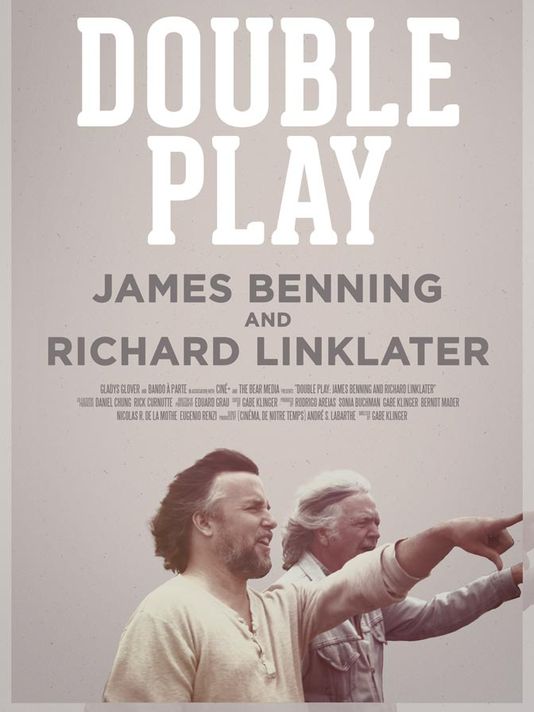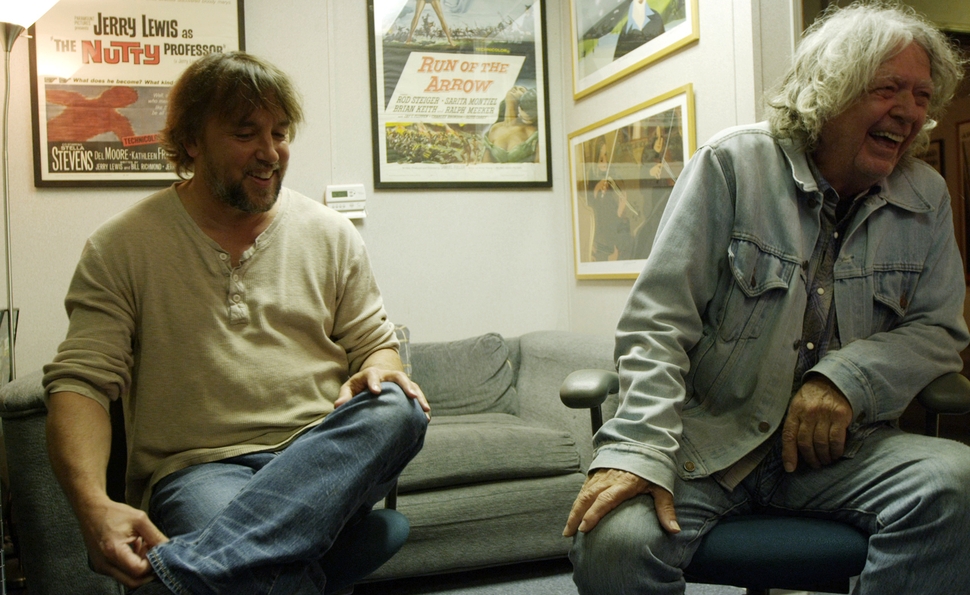 Glenn here. Richard Linklater’s Boyhood has been receiving a lot of attention lately. For good reason too, I should say, even if I don’t quite agree that it is the transcendental experience that many others think. (Nor do I think those opinions are invalid, though the rabid if-you-don’t-love-it-you’re-just-wrong brigade started before the film had even premiered outside of festivals). Personally, I had issues with the film's first hour and have wrestled with the quandary of thinking that by making the lead character such an audience cypher it dangles perilously close at times to lacking something (outside of its form, obviously) that is truly unique. Why this boy; why this boyhood? He's almost too saintly, especially when it comes to women and sex, the latter of which the film is shy about. But then I also suspect that not having grown up in America, some of the reverence paid to certain apparent rites of passage didn't quite hit me with the wave of nostalgic emotion that it has others.
Glenn here. Richard Linklater’s Boyhood has been receiving a lot of attention lately. For good reason too, I should say, even if I don’t quite agree that it is the transcendental experience that many others think. (Nor do I think those opinions are invalid, though the rabid if-you-don’t-love-it-you’re-just-wrong brigade started before the film had even premiered outside of festivals). Personally, I had issues with the film's first hour and have wrestled with the quandary of thinking that by making the lead character such an audience cypher it dangles perilously close at times to lacking something (outside of its form, obviously) that is truly unique. Why this boy; why this boyhood? He's almost too saintly, especially when it comes to women and sex, the latter of which the film is shy about. But then I also suspect that not having grown up in America, some of the reverence paid to certain apparent rites of passage didn't quite hit me with the wave of nostalgic emotion that it has others.
In a neat turn of events for fans of Linklater, Boyhood isn't the only chance to spend time with the director in theaters right now. I rarely truly grooved to Richard Linklater’s slacker vibe outside of Before Sunset, but having now watched first-time filmmaker Gabe Klinger’s documentary, Double Play, I could easily be persuaded to go back and re-evaluate his filmography. He claims his experimental come from feeling “oppressed” by the three act structure that Hollywood all but lives by. While at times the casual vibe of the project recalls a behind-the-scenes DVD extra merely following the Texas native around, Klinger decided to make the film not just about Linklater, but rather about him and his friendship with avant-garde experimental filmmaker James Benning who he met at an Austin film society.
While I would have personally enjoyed learning more about Benning than Linklater – if purely because the elder Benning is a far less known commodity – I like knowing that people who come to Double Play due to their fondness of Linklater will leave knowing a little bit more about not just a different director altogether, but a completely different style of filmmaking. I have only seen one of Benning’s films, the 2009 examination of a German roadway, Ruhr, that was one of my favourite films of its year, but I have been keen to see more ever since (they are hard to come by).
Watching these two somewhat unconventional friends interact is a frequent joy in that way that it's always enjoyable to be surrounded by smart film and art lovers. I more than once wanted to interject. One scene where Linklater screens an early cut of Boyhood to his directorial buddy is interesting for learning Linklater’s own issues with the project. Furthermore, watching Double Play actually made me think on Boyhood a little bit more fondly, allowing me to recognize the way it plays as sort of an ode to the structure that is so pivotal to Benning’s work.

Double Play isn’t a must-see movie like Boyhood. There have been better documentaries released this year and there will be better ones released later, but I would recommend fans of Linklater and his movies to give it a go. I imagine they will find much to take in even if Klinger certainly could have used the rare opportunity offered to him to dig a little deeper. At only 70 minutes it wouldn’t have been all that difficult. Maybe Klinger, whose relationship to Linklater and Benning I can’t recall being discussed, was intimidated by the pair and didn’t want to rock the boat. What’s there, however, on the screen is a frequently interesting look at two directors, one of which I suspect you'll be reading a lot more about throughout the year.
Double Play is out now on iTunes, and has a limited week-long engagement at New York City's Anthology Film Archive alongside a selection of Linklaker and Benning's other work. Boyhood, as I'm sure you know, is currently playing with more cities to follow (sooner rather than later, hopefully).
More on Boyhood
